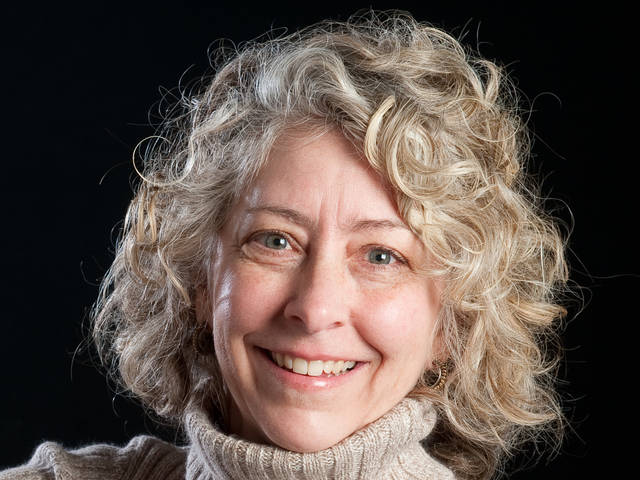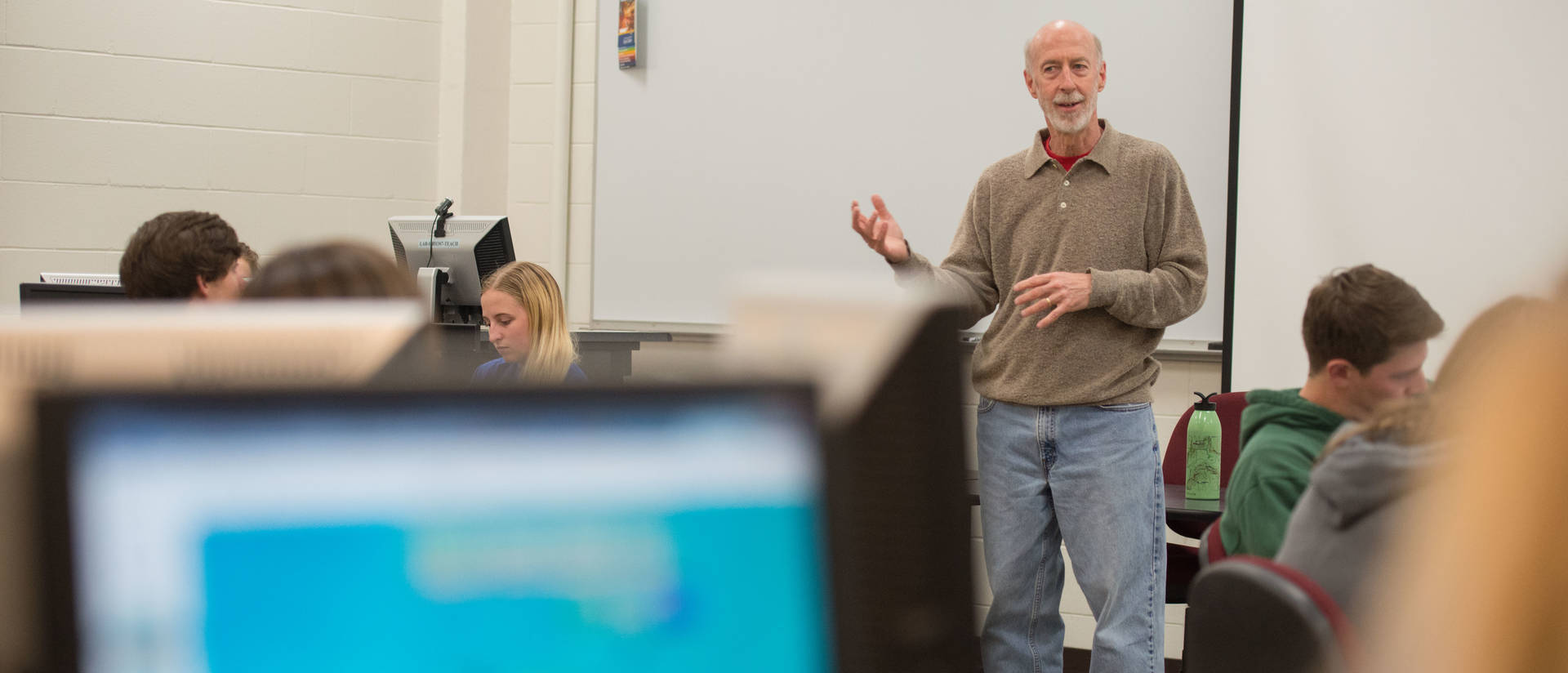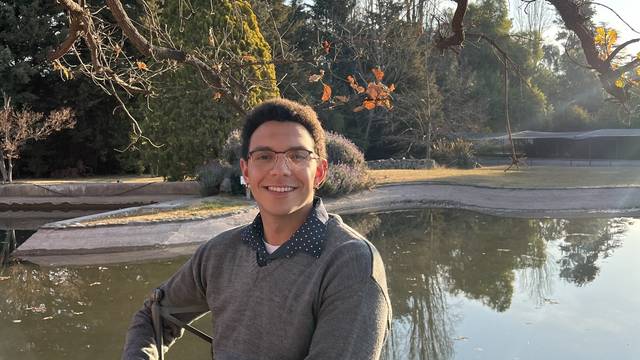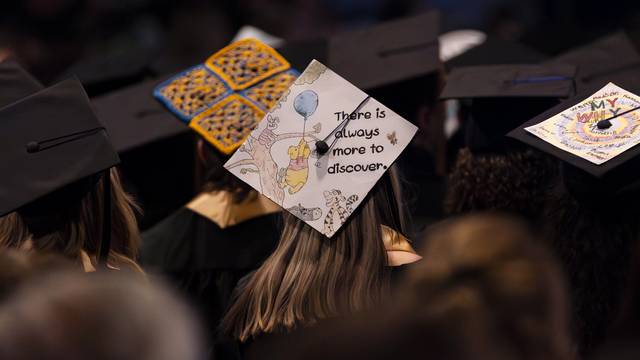There’s a remarkable scene about a third of the way through Toni Morrison’s novel Sula, in which a young, twelve or thirteen year old Sula swings a little boy around and around in fun and somehow lets go his hands. As it happens, they are next to a river and he sails out over the water, drops into it, and the water darkens and closes quickly over the place where he sinks. For a moment, Sula and her friend Nel can only stare at that disturbed spot in the river. Then Morrison writes, “The water was so peaceful now. There was nothing but the baking sun and something newly missing.”

Dr. Tess Onwueme
In the long narrative of an institution, or an English Department, a retirement is of course not a death. But each one creates a momentary disturbance and a sense of something newly missing. I have attended many retirement parties over the past 25 years, for colleagues who were and are also my friends. I note, by the way, that they have all happily and actively embraced their post-university lives, an achievement I hope to emulate. But I felt their loss at the time, the individual creative or scholarly interests that left the building with them, the leadership they provided, the small and large rebellions against administrative overreach, the passion and dedication to teaching, the distinctive voices and ideas they brought to department meetings and to impromptu hallway discussions, the quirky senses of humor, the high seriousness when the stakes were high. Though I have helped recruit numerous excellent young colleagues during my years here—in my capacity as a faculty member, as a search committee chair, as Department Chair—the fact is that when it’s time to leave, none of us can be replaced. Not me. Certainly not my fellow retirees this year, Jenny Shaddock and Tess Onwueme. Not those who’ve retired before us. Not those who will retire after. We’re not interchangeable, even when the department and university hire someone in the same specialty to carry on where we left off.

Dr. Jennifer Shaddock
But there’s a humbling and, at the same time, powerfully liberating contrary to this truth about each of us. The river keeps flowing. The surface smooths, the dark place disappears, and the newly missing are soon no longer missed. Not forgotten perhaps, but also (and appropriately) not players in the department’s ongoing narrative. The life of the classroom. The curricular debates, personnel issues, assessment of students and faculty. The exciting scholarship. The unique and uniquely affecting creative work. The perennial—and by perennial, I mean forever recurring—attempts with each new generation of faculty, each shuffling of administrators, to reshape and redefine what the department does, what the university does, what higher education does or ought to do. All of these were in motion, in some form or another, before any of us arrived here. And, despite some of the recent threats we’ve seen to education in this country, I expect they’ll continue, in some form or another, after anyone who’s here now has left. They’re the rhythms of academia, after all. They’re the work-in-progress that is the definition of our profession.
So . . . I will miss my department and university colleagues, their ethical, thoughtful commitment to getting right this very, very difficult job. I will miss my students, their honesty and fairness and humaneness. Not to mention, in so many of them, their eager and often intrepid dedication to learning. I will miss the serendipitous encounters and conversations that happen so easily within the context of a work day. But I’m ready to move on, to leave this behind. I have much to do yet. In the fall, someone else will have “my” office. Someone else will have “my” department mailbox. Following a brief disruption, the smooth-moving surface of the river will have been restored. And that’s exactly as it should be.



